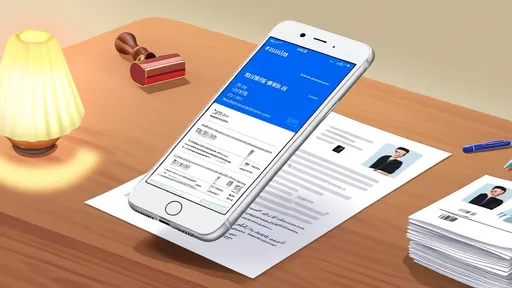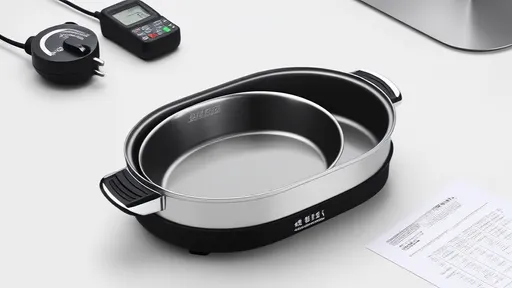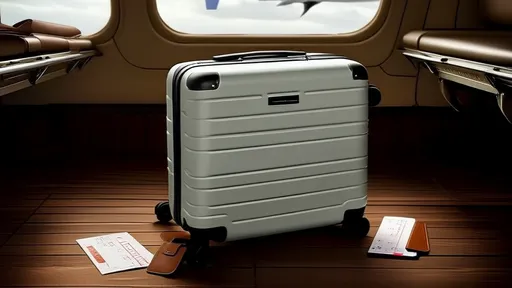The Electronic Visa Update System (EVUS) remains a critical requirement for travelers holding Chinese passports with 10-year B1, B2, or B1/B2 U.S. visas. While the enrollment process has become more familiar since its 2016 implementation, confusion persists regarding expired EVUS registrations and subsequent renewal procedures. This article provides an in-depth examination of the expiration protocols, consequences of lapsed enrollment, and best practices for maintaining valid travel authorization.
Understanding EVUS Expiration Dynamics
Unlike the visa itself, which typically carries a 10-year validity period for eligible Chinese nationals, EVUS approvals remain valid for only two years or until the associated passport or visa expires—whichever comes first. This staggered expiration frequently catches travelers off guard, particularly those who assume their initial enrollment covers the entire visa duration. The system automatically invalidates registrations upon passport renewal or visa cancellation, creating additional complexity for frequent travelers.
The consequences of traveling with an expired EVUS can be severe. Airlines routinely verify enrollment status during check-in and will deny boarding to passengers without current approvals. U.S. Customs and Border Protection (CBP) officers at ports of entry maintain access to real-time EVUS databases and may subject travelers with lapsed registrations to secondary inspection, potentially resulting in denied entry despite holding a valid visa.
Post-Expiration Recovery Procedures
When an EVUS registration expires, applicants must initiate a new submission through the official government website. The renewal process mirrors initial enrollment, requiring updated passport information, visa details, and responses to eligibility questions. Recent system upgrades have reduced processing times, with approximately 90% of applications receiving approval within 72 hours. However, CBP continues recommending submission at least one week before intended travel to accommodate potential administrative delays or requests for additional information.
Notably, expiration doesn't trigger automatic notifications. The onus falls entirely on travelers to monitor their enrollment status through the EVUS website's verification function. This lack of proactive communication from authorities has contributed to numerous last-minute travel disruptions, particularly among infrequent visitors to the United States who remain unaware of the two-year limitation.
Special Considerations for Complex Cases
Passport replacements create unique challenges in the EVUS lifecycle. Since registrations tie to specific passport numbers, any document renewal immediately voids existing approvals—even if the original enrollment period hasn't concluded. Travelers must submit fresh applications whenever receiving new passports, including those issued due to damage, loss, or routine expiration. The same applies to visa renewals, though the 10-year validity makes this scenario less common.
Dual nationals face additional verification hurdles. The system requires disclosure of all citizenships, and inconsistencies between passport information provided during EVUS enrollment and visa application may trigger manual reviews. Such cases often experience extended processing times as CBP cross-references records across multiple databases.
Technical glitches occasionally disrupt the renewal process. Applicants encountering system errors during submission should first clear browser caches and attempt access during non-peak hours. Persistent issues warrant contacting the EVUS customer service hotline, though response times vary significantly based on inquiry volume. Documentation of error messages and submission attempt timestamps helps facilitate resolution when escalating technical problems.
Proactive Status Management Strategies
Seasoned travelers recommend implementing personal tracking systems to monitor EVUS expiration dates. Digital calendar alerts set 60 days before anticipated expiration provide adequate time for renewal without last-minute pressure. Some visa management services now offer automated monitoring features, though users should verify such third-party tools actually link to official CBP systems rather than relying on manual date calculations.
The information verification step before travel deserves particular attention. Rather than assuming continued validity, passengers should physically check their enrollment status within 72 hours of departure—especially when traveling on previously used EVUS approvals. This simple precaution could prevent costly travel interruptions and potential forfeiture of nonrefundable expenses.
Business travelers maintaining frequent U.S. contact should consider aligning EVUS renewals with corporate travel planning cycles. Human resources departments handling international mobility programs increasingly incorporate EVUS management into their pre-trip authorization workflows, recognizing the critical nature of this requirement for Chinese employees.
Legal Implications of Non-Compliance
While EVUS expiration doesn't directly affect underlying visa validity, repeated failures to maintain current enrollment may raise red flags during future visa renewals. Consular officers could interpret such oversights as disregard for compliance requirements, potentially impacting eligibility determinations. In extreme cases involving multiple attempted entries with expired EVUS, travelers risk referral to immigration enforcement authorities for suspected intentional violations.
The system's design intentionally prevents retroactive approvals. Unlike visa applications which can sometimes be expedited for urgent travel, EVUS offers no premium processing options. This underscores the importance of advance planning, particularly for time-sensitive trips related to medical treatment, academic obligations, or business-critical meetings.
Emerging trends suggest increased scrutiny of EVUS compliance. CBP has gradually enhanced system integration with airline manifest verification tools and preclearance facilities. Future developments may incorporate biometric validation or link with other travel authorization programs like ESTA, though official announcements regarding such integrations remain forthcoming.
As international travel rebounds post-pandemic, maintaining awareness of EVUS requirements becomes increasingly vital. The program's dynamic nature—with periodic system updates and policy adjustments—demands ongoing attention from frequent travelers and occasional visitors alike. By understanding expiration protocols and implementing robust personal compliance systems, Chinese nationals can ensure uninterrupted access to their U.S. visa privileges while avoiding the substantial inconveniences of last-minute enrollment issues.

By /Aug 4, 2025

By /Aug 4, 2025

By /Aug 4, 2025

By /Aug 4, 2025

By /Aug 4, 2025

By /Aug 4, 2025

By /Aug 4, 2025

By /Aug 4, 2025

By /Aug 4, 2025

By /Aug 4, 2025

By /Aug 4, 2025

By /Aug 4, 2025

By /Aug 4, 2025

By /Aug 4, 2025

By /Aug 4, 2025

By /Aug 4, 2025

By /Aug 4, 2025

By /Aug 4, 2025

By /Aug 4, 2025

By /Aug 4, 2025